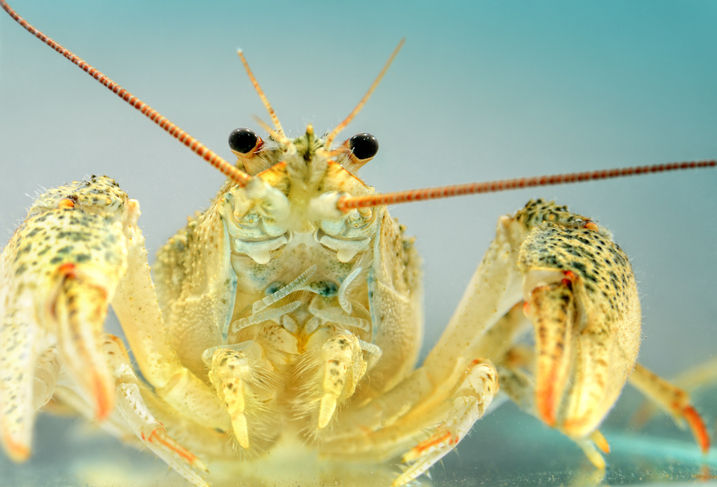Further work promised to examine decapod die-off in north-east England
- Dec 1, 2022
- 3 min read
Ever since huge numbers of crabs and lobsters started washing up dead and dying on the coastline of north-east England in October 2021, there have been questions asked about what could have caused the phenomena.
The investigation to establish what happened started in December 2021 with those involved in the local fishing industry, but their voices were soon being heard in parliament and in the media. The government then launched an investigation which found that a freak algae bloom was the cause.
When algae blooms occur, a toxin is released that is lethal to fish and other marine life. As the bloom spreads, bacteria in the water start to consume the algae, which then depletes the water of oxygen as it decays. It was thought that the unfortunate decapods were affected rather than fish due to their inability to escape the inhabitable conditions quickly enough.
This explanation of an algae bloom cause didn’t satisfy everyone however, with fishers pointing to increasing dredging activity in the locality as well as the size of the area affected to cast doubt on the algae bloom theory. As the questions continued a Committee of MPs who scrutinise the work of the Department for Environment, Food and Rural Affairs (DEFRA) heard evidence in October from experts, scientists and local fishers. One after another they raised the prospect that dredging for the new Teesside Freeport, near Redcar, could have released pyridine, a deadly chemical which was pumped into the nearby water from the regions heavy industries. After hearing the evidence the Chair of the Committee wrote to DEFRA calling for more work to be done on this issue.

Countless animals dead and dying on the beach
Earlier this month a Guardian podcast explored the issue further, hearing stories from local people who witnessed the vast scale of innumerable animals dead and dying on the beach, as well as local fishers who have struggled financially as a result.
Throughout this time the UK government has maintained that algae bloom was responsible. However, it has now established an independent expert panel to look again at possible causes. Under the leadership of DEFRA’s Chief Scientific Advisor Gideon Henderson and the Government Chief Scientific Adviser Sir Patrick Vallance, the panel will assess available evidence and consider all possible reasons for the deaths, including dredging and pyridine.
There is even some evidence to suggest that increased dredging could increase the incidence of algae bloom. Dredging can release biomass (eutrophication) into the water which makes it nutrient rich, conditions in which algae bloom occur. A recent Channel 4 News piece on the issue provided more evidence to support the idea that dredging was the root of the problem.
Since dredging has the potential to have significant impacts not just on crustacean animals, but on the marine environment, and across all levels of marine life Crustacean Compassion believes that independent sustainable review and management of the activity is both required and vital. This should be based on an in-depth understanding of how dredging affects marine habitats and associated fauna and flora. The Tees area is the immediate focus in this instance, but the longer-term impacts on both the animals and indeed people affected are yet to be fully realised.
Issues like this will in future be looked at by the Animal Sentience Committee, which was created by the passage of the Animal Welfare (Sentience) Act 2022. The Act, which also recognised decapod crustaceans as sentient animals capable of suffering and feeling pain, mandates the Committee to examine the implications of government policy decisions on sentient animals. While it is too late for this issue, we’re looking forward to seeing the membership of the Animal Sentience Committee and working with them in the future.
Crustacean Compassion believes that the situation in the north-east of England represents an ecological and environmental disaster, and we are calling for an immediate halt to the dredging in this area until further investigation is undertaken. We are also calling for future dredging to be limited by mitigation measures, including the use of environmental windows to ensure that activities do not occur in important habitats or at sensitive times including during breeding or spawning seasons, and that the ongoing impact of all activities be monitored independently.



